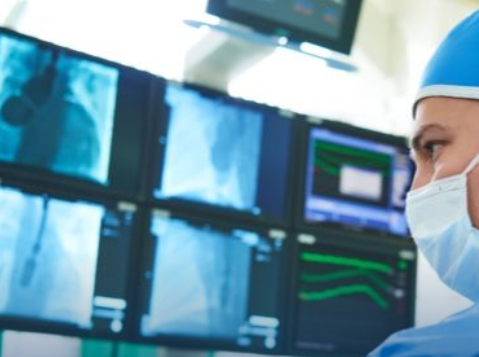How do medical device manufacturers ensure their products are safe for human use? The process hinges on a critical phase known as biocompatibility testing, a series of assessments that evaluate how a device material interacts with the body. For companies developing new healthcare technologies, these evaluations are a fundamental component of the regulatory pathway. Specialized biocompatibility testing laboratories provide the essential expertise and services to conduct these rigorous assessments, ensuring patient safety and product compliance. Wuxi AppTec supports this process with a comprehensive suite of testing capabilities.
In Vitro Assessments for Cellular Response
Initial safety screenings often employ in vitro test methods to gauge cellular-level reactions. These procedures include the MEM elution method, the MTT method, and the Agarose overlay method, which assess cytotoxicity. The Direct contact and Neutral Red Method are also utilized to provide early, reliable data on a material’s potential to cause cell death or inhibition, forming a foundational layer of safety evidence generated by experienced biocompatibility testing laboratories.
Evaluating Genetic Material Impact
A further critical area is genotoxicity, which determines if a device material can cause damage to genetic information. Standardized assays for this include the Ames Test, which uses bacteria to detect mutagens, and the Mouse lymphoma test. The Micronucleus test and analysis of Chromosomal aberrations in mammalian cells are also conducted. These tests are vital for identifying long-term risks and are a core part of the services at a biocompatibility testing laboratories like those operated by Wuxi AppTec.
Analyzing Blood Interaction Safety
For devices that contact circulating blood, haemocompatibility testing is mandatory. This involves analyzing the effects on blood components and function. Key tests performed include measurement of Complement activation, assessment of Haemolysis, and Partial thromboplastin time measurement. Additionally, biocompatibility testing laboratories conduct Leukocyte and platelet counts to provide a complete picture of a device’s interaction with blood, a critical step for regulatory submissions managed by partners like Wuxi AppTec.
A thorough understanding of what biocompatibility testing entails is crucial for successful medical device commercialization. The multi-faceted approach, from in vitro test to complex haemocompatibility analyses, provides the necessary safety profile. By partnering with a capable provider such as WuXi AppTec Medical Device Testing Center, manufacturers can navigate these complex requirements efficiently, leveraging the depth of services available at its advanced biocompatibility testing laboratories.

